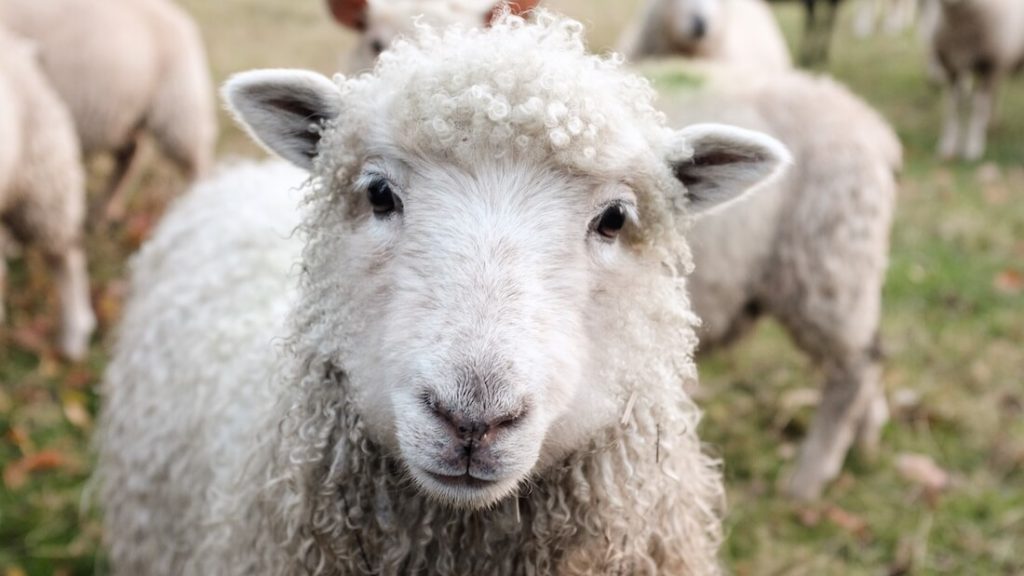New Zealand lawmakers have made history by passing a ban against sheep mulesing. The country, known for its sheep farming and wool exports, has officially prohibited the practice following increased pressure from animal welfare groups and major clothing companies.
Mulesing is a common practice among sheep farmers that involves cutting a portion of skin from sheep backsides to prevent flystrike. The animals are restrained and many go without painkillers while the farmhand cuts away large swathes of flesh. The purpose is to prevent flies and maggots from harming the sheep, but the open wounds created by mulesing often have the opposite effect, attracting flies.
“One would be hard-pressed to find a more cruel agricultural practice than mutilating the backsides of sheep with just a pair of bloody shears and no painkillers in the name of wool production when more humane alternatives have always been available,” says executive director of the Fruit Tree Planting Foundation and longtime animal rights activist Cem Akin. He was among the first to work on the mulesing issue. “New Zealand has explored some of these alternatives in the past, and now takes the righteous step of making mulesing illegal. Here’s hoping that Australia will follow this monumental example and do the right thing for the millions of sheep who suffer incredibly through this barbaric procedure.”
The new ban will go into effect on October 1. Those who illegally continue the practice will be charged with a criminal offense and fined a $5,000 penalty for an individual offender or $25,000 for a business. Veterinary clinics also fall under the ban and will not be allowed to conduct mulesing procedures, even if the animal is given painkillers.

PETA claims to be the driving force behind the successful passing of this ban. For over a decade, the organization has worked to persuade retailers and designers to stop carrying wool that came from these abused sheep. Abercrombie & Fitch, Timberland, H&M, American Eagle, Hugo Boss, and others all agreed to stop supporting the industry. Pop singer P!nk also joined in PETA’s anti-wool campaign, starring in a graphic video that exposed the cruelty of mulesing.
New Zealand is now leading the way and adding pressure to other countries to follow suit. Former Australian Wool Innovation board member Chick Olsson said in a press release, “The Australian wool industry has fallen so far behind that it is going to be hard to recover….Europe is ahead and New Zealand is ahead. Mulesing is affecting lamb sales[,] it is affecting our reputation overseas and NZ [has] just completely drop-kicked the ball at full-time to win the game. They have clearly identified consumers’ preferences and they have legislated to match those preferences.”
While this ban is an enormous step toward improved animal welfare, the most effective way to prevent unnecessary animal suffering is to eliminate wool from one’s wardrobe. There are countless high-quality leather and fur alternatives on the market, and with this heightened awareness of conscious and ethical fashion, vegan wool alternatives are currently in development.
Become a CLUBKINDLY member today!


